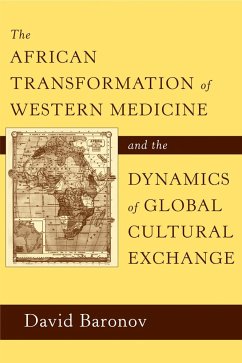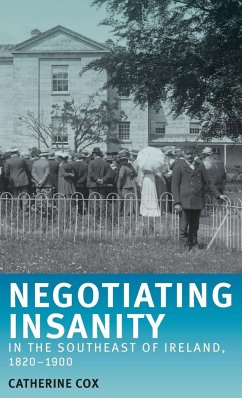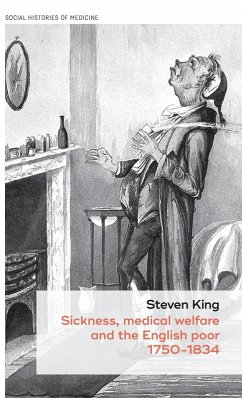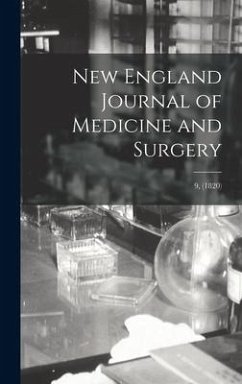
The Transformation of German Academic Medicine, 1750-1820
Versandkostenfrei!
Versandfertig in 1-2 Wochen
109,99 €
inkl. MwSt.

PAYBACK Punkte
55 °P sammeln!
By examining German university medicine between 1750 and 1820, this book presents a new interpretation of the emergence of modern medical science. It demonstrates that the development of modern medicine as a profession linking theory and practice did not emerge suddenly from the revolutionary transformation of Europe at the opening of the nineteenth century, as Foucault and others have argued. Instead, Thomas H. Broman points to cultural and institutional changes occurring during the second half of the eighteenth century as reshaping both medical theory and the physician's professional identit...
By examining German university medicine between 1750 and 1820, this book presents a new interpretation of the emergence of modern medical science. It demonstrates that the development of modern medicine as a profession linking theory and practice did not emerge suddenly from the revolutionary transformation of Europe at the opening of the nineteenth century, as Foucault and others have argued. Instead, Thomas H. Broman points to cultural and institutional changes occurring during the second half of the eighteenth century as reshaping both medical theory and the physician's professional identity. Among the most important of these factors was the emergence of a literary public sphere in Germany between 1750 and 1800, a development that exposed medical writing to new discourses such as Jena Romanticism, and created the stage on which would be played out the bitter medical controversies of the 1790s. Entrance into the public sphere also offered physicians the opportunity to create new social roles for themselves as writers and journalists. Professor Broman's study offers a new perspective on the historical origins of the modern medical profession by using its case study to call into question the standard model of "professionalization", the historical process by which it is commonly understood that professions acquired their modern form. In providing this new perspective, he casts light upon and re-examines certain assumptions about what a profession is that have guided not only histories of professionalization, but also much of the recent writing in social history of medicine.














